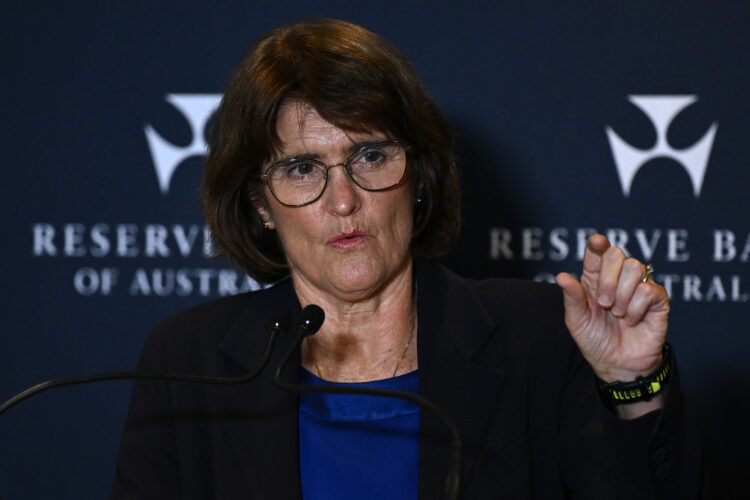Sussan Ley is now out
The Liberal Party must respect modern Australia, reflect modern Australia and represent modern Australia, and Australians sent us a clear message at the last election and we are listening. We will take the time to get this right.
We’ll listen, we’ll step up, we’ll modernise and we will rebuild. And it is with that undertaking from my party room and with my conviction and determination to get it right with respect to policies that I had front and centre with my conversations with David.
And while I have enormous respect for David and his team, it is disappointing that the National Party has decided today to leave the Coalition. But the most important thing I want to say is this the nationals door remains open and our door remains open and we look forward with optimism to rejoining at some point in the future.
And as David and I left today, we agreed that he and I would continue to meet regularly and to talk because we have much in common. We both have a big job to do to take the fight up to Labor. Now, as liberals, we do respect the decision that the nationals have made and our door remains open. Now the nationals sought specific commitments on certain policies, and they’ve talked about that this morning and our perspective is not about the individual policies themselves, but the approach that we said we would take to our party room about policies. Nothing adopted and nothing abandoned.
So at this point in time, I asked the Nationals to respect those party room processes. And similarly, I would respect their attachment to the policies that they announced as very important to them. But our approach, nothing adopted and nothing abandoned.
So we offered to work constructively with the Nationals, and we asked for that respect in return, in good faith, I proposed that we stand up a joint shadow ministry consisting of Liberal Party shadow ministers and National Party shadow ministers, and that we go forward in a united way and that we then work separately on policies, as we should, in our separate party rooms and come together articulating what those policies are at the right time, over the course of the next term.
The National party did not agree with that approach.

Loading form…